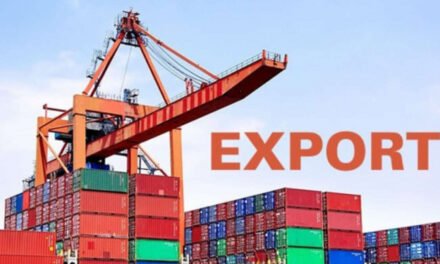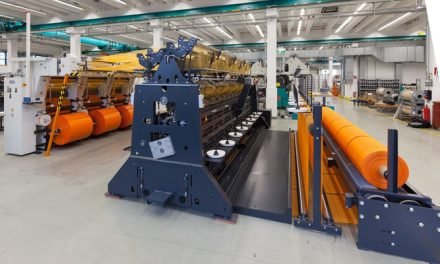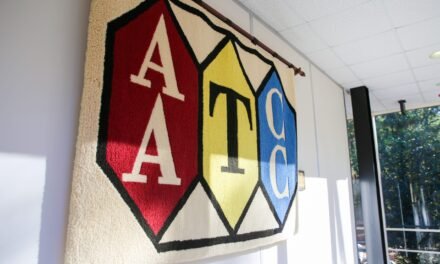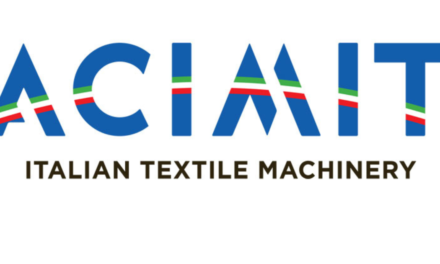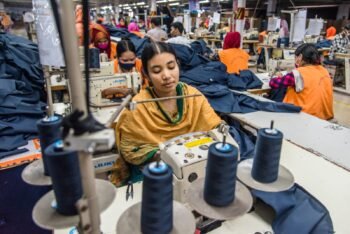 Bangladesh’s domestic textile industry is the lifeblood for millions, producing fabrics that meet the needs of our 160 million-strong population, primarily catering to the lower and lower-middle classes. This vital sector not only supports our economy but also provides employment to a significant portion of our workforce. However, this industry is under severe threat due to the rampant issue of under-invoicing by commercial importers. These unscrupulous practices are destabilizing our market and endangering the future of local textile mills.
Bangladesh’s domestic textile industry is the lifeblood for millions, producing fabrics that meet the needs of our 160 million-strong population, primarily catering to the lower and lower-middle classes. This vital sector not only supports our economy but also provides employment to a significant portion of our workforce. However, this industry is under severe threat due to the rampant issue of under-invoicing by commercial importers. These unscrupulous practices are destabilizing our market and endangering the future of local textile mills.
Under-invoicing involves importers declaring a lower value for their goods than what they actually pay, thus evading higher tariffs and duties. This practice not only skews market competition but also deprives the national treasury of rightful revenue. Local manufacturers, who play by the rules, find themselves unable to compete with the artificially low prices of these imported fabrics. This disparity is creating an uneven playing field, putting the sustainability of our domestic textile industry at risk. According to industry experts, this issue has been growing over the past decade, with significant financial implications for the sector.
The depreciation of the Bangladeshi Taka against the US dollar under the Bangladesh Banks new crawling peg system further exacerbates the problem. The rising import costs of raw materials and chemicals add additional financial pressure on local mills. When combined with the unfair competition from under-invoiced imports, the situation becomes untenable. For instance, the price of raw cotton, a crucial input for textile production, has seen a significant increase in international markets, thereby squeezing the profit margins of local producers even further.
The National Board of Revenue (NBR) must take stringent action against under-invoicing. A revised and more robust tariff policy is necessary to protect our local textile and weaving industries. The current scenario, where ready-made garment importers enjoy a 12% tariff through bonded warehouses, while commercial fabric imports are subjected to lower tariffs, is illogical and unfair. How can finished fabric imports be cheaper than the raw materials like yarn? This inverted tariff structure is detrimental to the competitiveness of our domestic spinning mills, which are already struggling to cope with rising production costs.
One suit piece fabric 3 meter apox weight 1.8 kgs selling 8500 to TK 45,000 in local market. In commercial import our tariff value name of painting fabrics per kg 3.75 USD means cost of 3 meters of fabrics USD 6.75 + duty costing is coming apox 12.50 TK 1500.00 landing cost. So the same fabrics are selling 12000 to TK 45,000 one suit piece. NBR should investigate tariff value + duty with selling price. If NBR investigate the actual fabrics price against HS 5407 painting & shirting NBR will get real picture what amount money laundering is going in this deals.
In this regards our govt is losing huge amount of taxes from commercial import of fabrics besides local textile industries are going to close for competitive issues. For benefits of govt revenue its should check immediately and BTMA is ready to cooperate with NBR.
To rectify this, the NBR and the Bangladesh Tariff Commission (BTC) need to collaborate closely. They should focus on thoroughly assessing and revising the import policies encapsulated in IMP-4 (bonded warehouse-based fabric imports) and IMP-7 (commercial fabric imports). Ensuring that tariffs on imported finished fabrics are appropriately higher than those on yarns and other raw materials will help restore balance in the market. This policy adjustment is crucial to provide a level playing field for local manufacturers and to foster a competitive environment that benefits the entire textile sector.
A dedicated committee must be formed to monitor and regulate these imports effectively. This committee should be empowered to take decisive action against under-invoicing and to propose adjustments in tariff structures that align with the needs of our domestic industries. Regular audits and inspections of import documents should be conducted to ensure compliance with fair trade practices. Additionally, technology-driven solutions, such as block chain for transparent tracking of transactions, can be explored to minimize fraudulent activities.
Despite repeated appeals from the Bangladesh Textile Mills Association (BTMA) to the BTC and NBR, our concerns have not been adequately addressed. The delay in response from these regulatory bodies only exacerbates the plight of local mills. Its crucial for the government to recognize the urgency of the situation and to act swiftly to protect an industry that is not only an economic pillar but also a significant source of employment. According to recent data, the textile sector accounts for approximately 12% of the countrys GDP and employs over 4 million people, underscoring its critical role in our economy.
Moreover, the government should consider providing additional support measures for local textile manufacturers. Subsidies for raw materials, lower interest rates on loans, and tax incentives could help mitigate the financial burden on these businesses. Investing in research and development to improve production efficiency and adopting advanced manufacturing technologies can also bolster the competitiveness of our domestic industry.
In conclusion, the survival of Bangladeshs textile industry hinges on fair competition and equitable tariff policies. The government, particularly the NBR and BTC, must enforce stringent measures against under-invoicing and ensure a tariff structure that supports local manufacturers. By doing so, they will help secure the future of an industry that serves as the backbone of our economy and the livelihood of millions of Bangladeshis. The time for action is now, and with decisive steps, we can ensure that our textile sector thrives amidst global competition and continues to be a source of pride and prosperity for our nation.The writer is Chairman of Little Group and a former director of Bangladesh Textile Mills Association.


